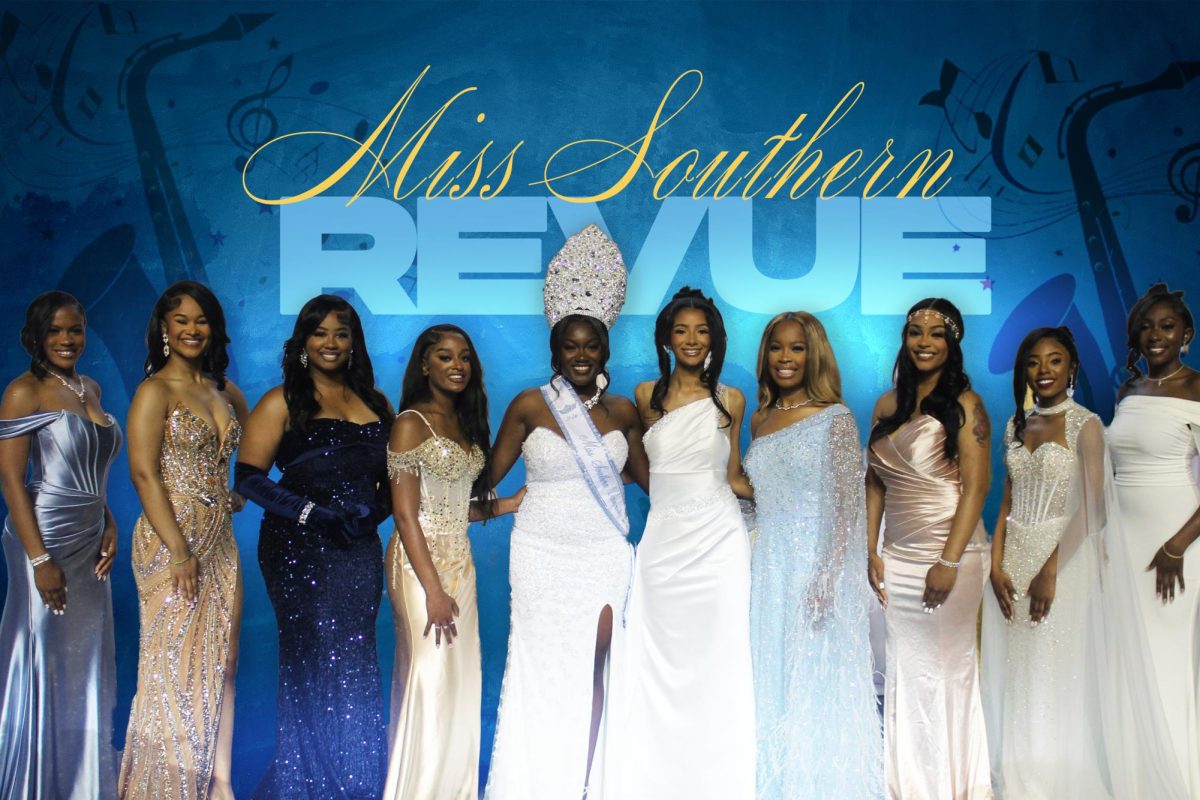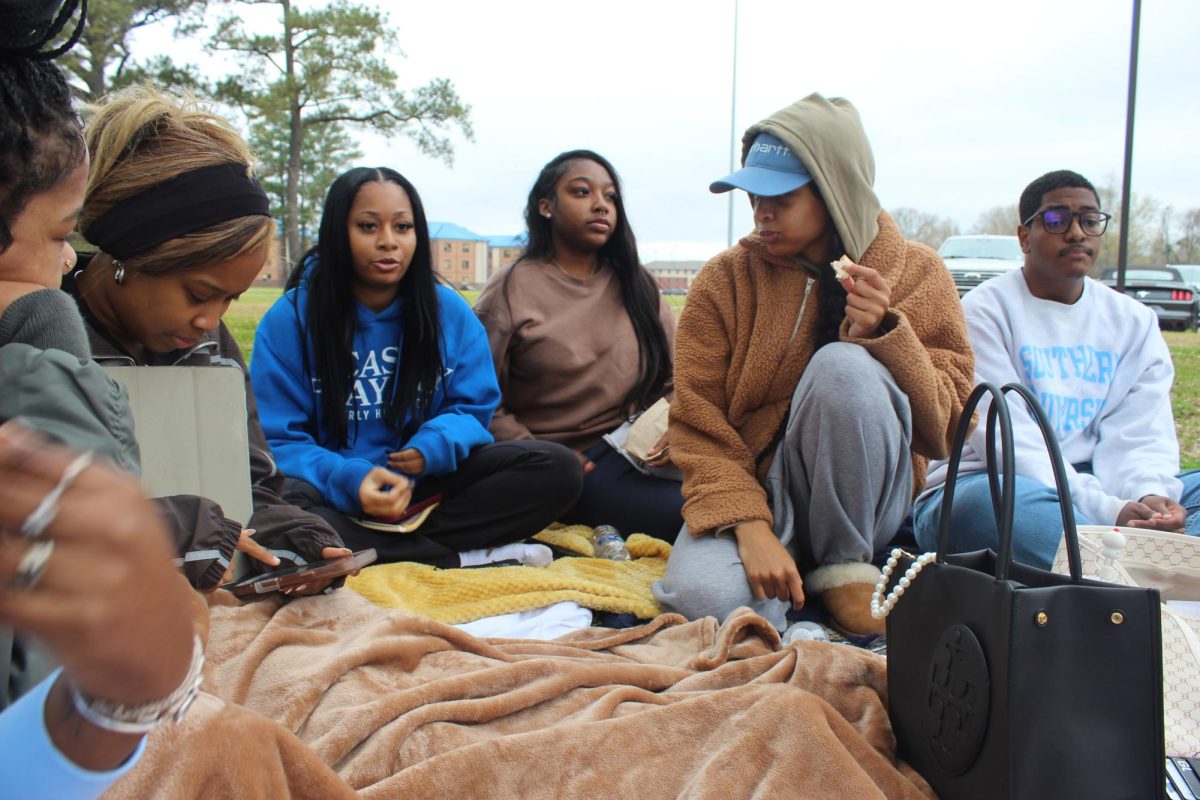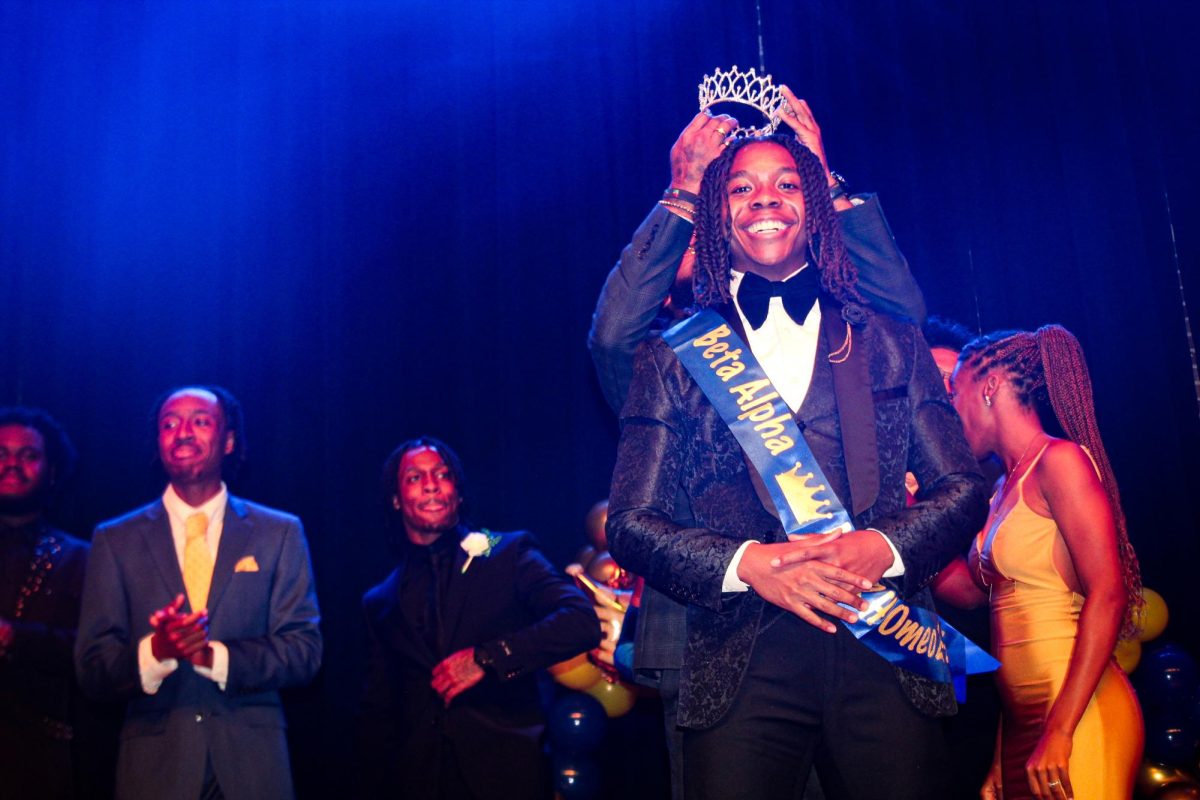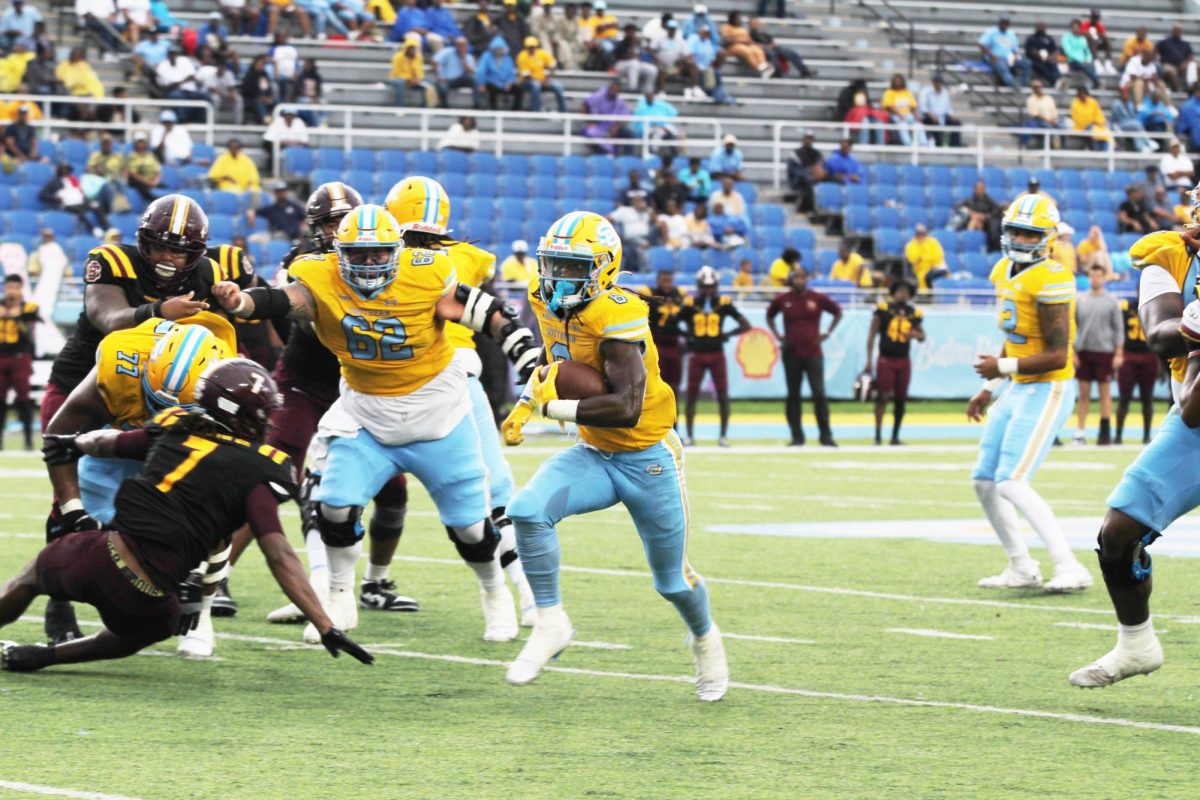Ntozake Shange’s musical-drama, entitled ‘For Colored Girls who have considered suicide/when the rainbow is enuf’ [“for colored girls”] (1976), consists of poetry, music, and improvisational dance.
In a series of twenty poems, Shange creatively self-describes her work as a “choreo-poem” of pain, suffering, abuse, strength and resilience, and imbues it with a joy. The text is a collection of ultimately cathartic for each of seven Afro-American women. What does it mean to be a woman of color in a both racist and sexist society?
For Colored Girls is the second play by an African American woman to be presented on Broadway. The first was ‘A Raisin in the Sun.’ The stage play of For Colored Girls differs from the film version. Behind the monologue are strong vocal performances. Performers include: Kelly Price, Angie Stone, and Lillie McCloud.
‘For Colored Girls’ was based on Shang’s personal experiences.
In the early 1970s, she was suffering from depression, loneliness, and a profound sense of dislocation after her failed marriage. Following those tragedies, she began to ponder her identity as a black woman living in America. She began writing as a way of addressing her personal issues related to race, womanhood, and identity. Shange wrote, “The poems introduce the girls to other kinds of people of color, and other worlds. To endeavor kindness, and cruelty. Cruelty that we usually think we face alone, but we don’t. We discover that by sharing with each other we find strength to go on.”
The choreo-poem has accumulated immense critical praises over the past four decades.
In the play, the characters struggle to accept their race, gender, and their places in the world.
They make mistakes in early relationships because they are desperate for love but behave as though they do not deserve it.
The women learn to celebrate their physical appearance, female friendships, scars, successes, and their connections to something more powerful and divine.
By the end of the piece, they become human beings that are self aware, unique and powerful. They are glorious even when flawed.
While there are no white characters featured, Ntozake Shange makes it clear that race forms an important part of her characters’ identities. All of the main characters in Shange’s choreo-poem are women of color, and their racial identity and gender affects the perspective through which the audience experiences all the various anecdotes.
The “For Colored Girls” stage play will be touring during the Summer of 2017, however it is now touring various cities in Michigan.
Categories:
For Colored Girls, the Stage Play
November 29, 2016
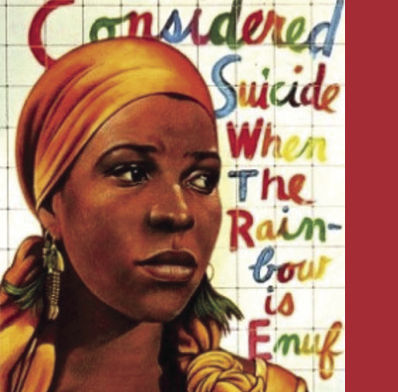
COURTESY MUSICHALL.ORG
0
More to Discover



